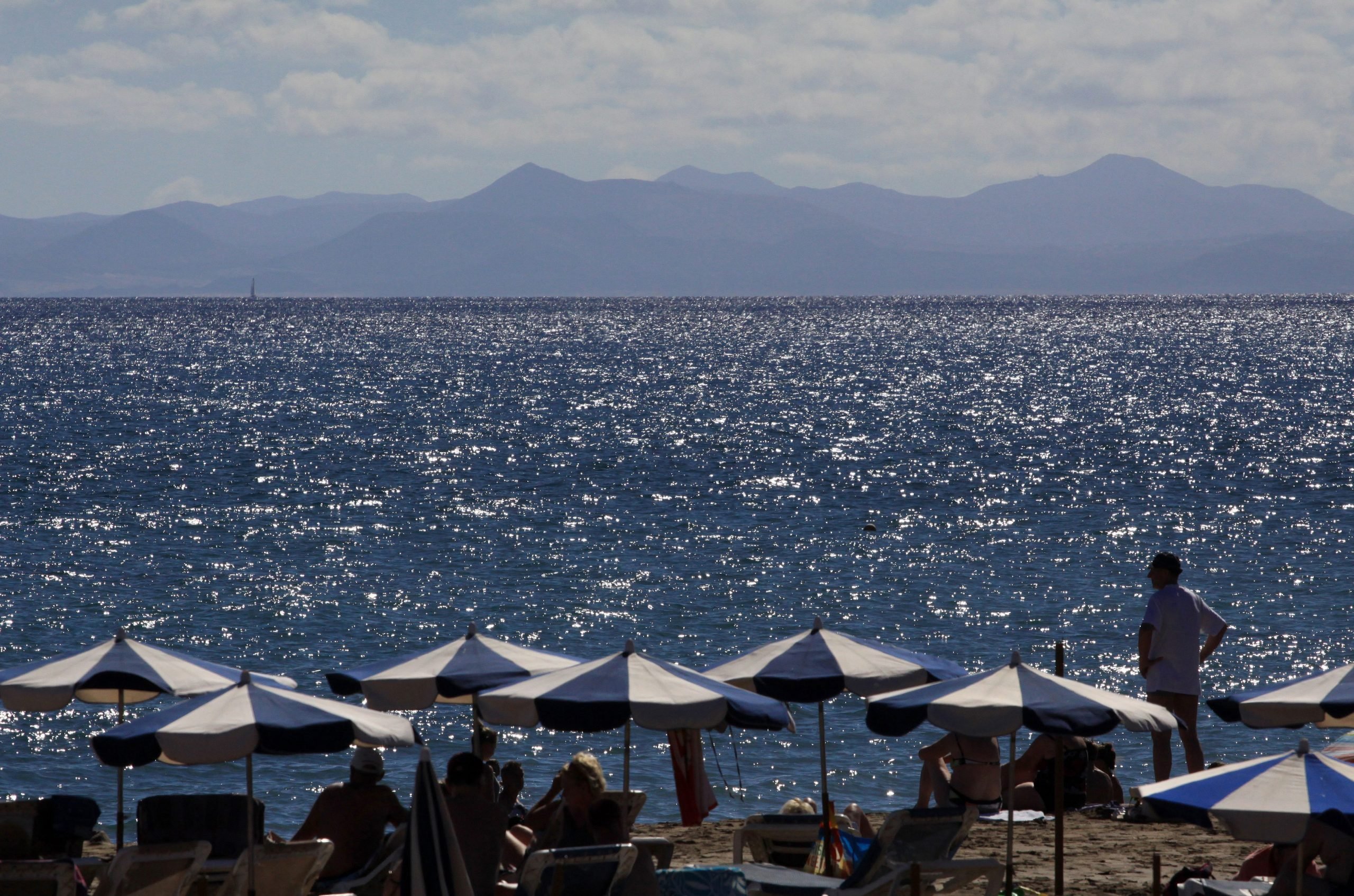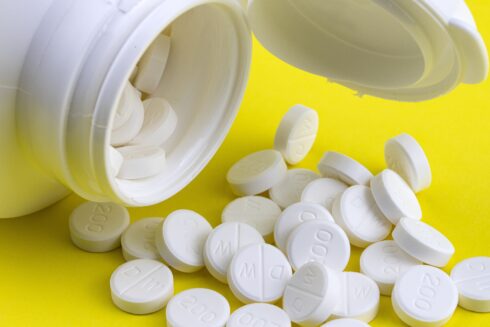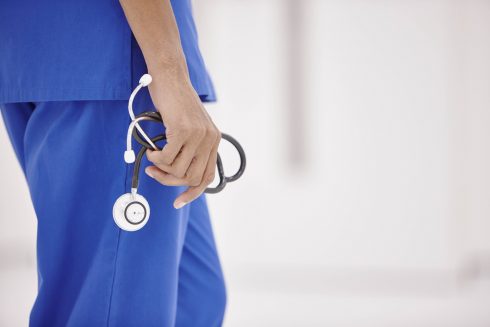HEALTH authorities have closed off a beach in Spain after detecting E.Coli in the water.
A red flag has been raised on a section of Los Pocillos beach in Puerto del Carmen, Lanzarote.
According to the Lanzarote Emergency Consortium, the area behind the Jameos Playa Hotel has been effectively cordoned off after the harmful bacteria was detected.
The decision was taken on Tuesday at 12pm, after samples taken by the Health Department on Monday tested positive for E.Coli.
The local Tias Town Hall said in a statement: “As a precaution, due to the high levels ??that have been detected and according to the regulations, swimming has been prohibited.”
The local Councillor for Beaches, Christopher Notario, stressed that the E.Coli has only been located in a specific corner of the beach, behind the hotel complex.
This morning, health inspectors returned to the area to take new samples, the results of which will be known on Wednesday.
The council said other points of the beach were also analysed but showed no signs of contamination.
According to the council, the exact source of the bacteria is still unknown.
However it said ‘it is always due to some type of discharge, via spillages or leaks’.
According to the World Health Organisation: “Escherichia coli (E. coli) is a bacterium that is commonly found in the gut of humans and warm-blooded animals.
“Most strains of E. coli are harmless. Some strains however, such as Shiga toxin-producing E. coli (STEC), can cause severe foodborne disease.”
It adds: “Symptoms of the diseases caused by STEC include abdominal cramps and diarrhoea that may in some cases progress to bloody diarrhoea (haemorrhagic colitis). Fever and vomiting may also occur.
“The incubation period can range from 3 to 8 days, with a median of 3 to 4 days. Most patients recover within 10 days, but in a small proportion of patients (particularly young children and the elderly), the infection may lead to a life-threatening disease, such as haemolytic uraemic syndrome (HUS).
“HUS is characterized by acute renal failure, haemolytic anaemia and thrombocytopenia (low blood platelets).”








